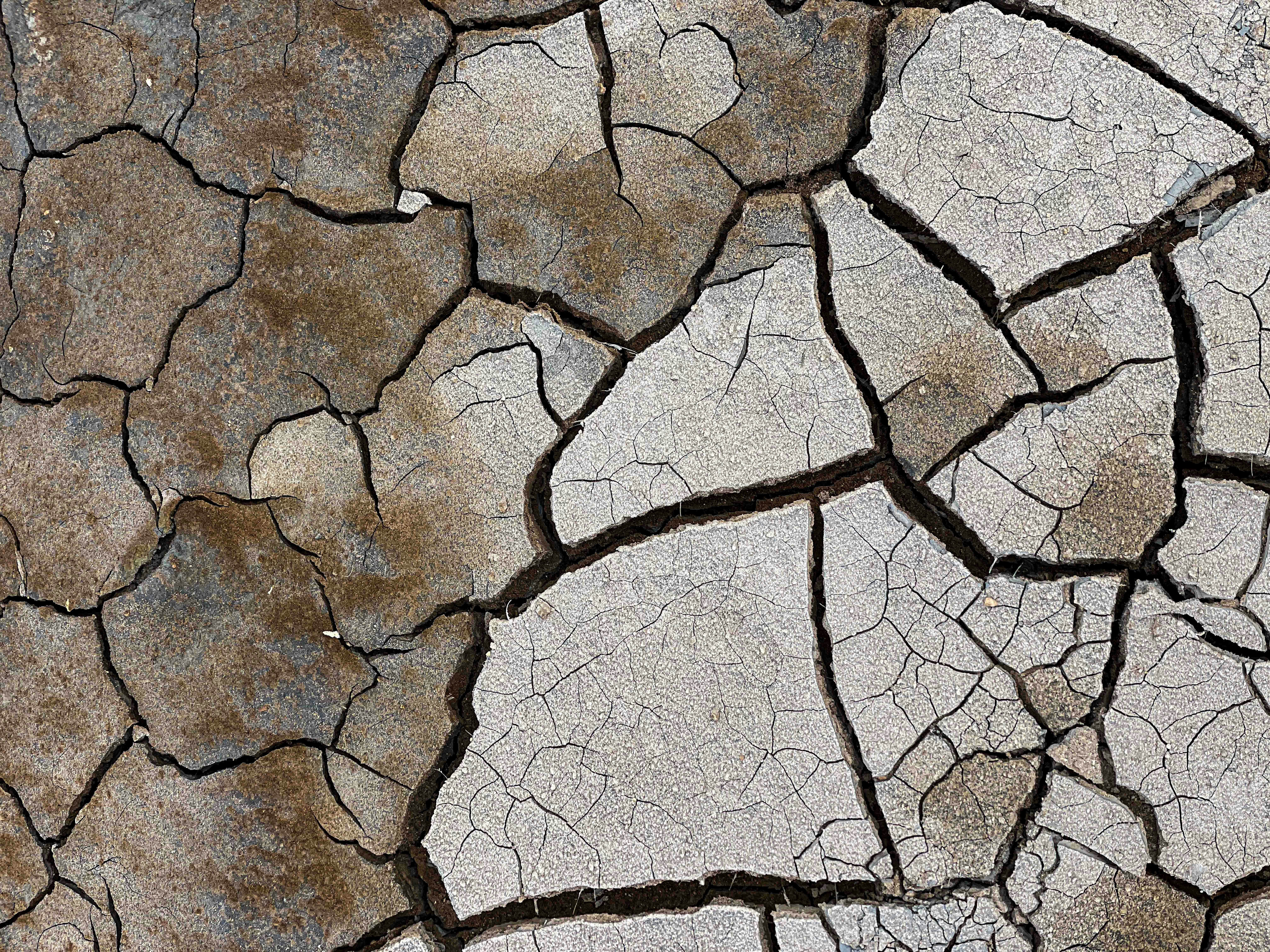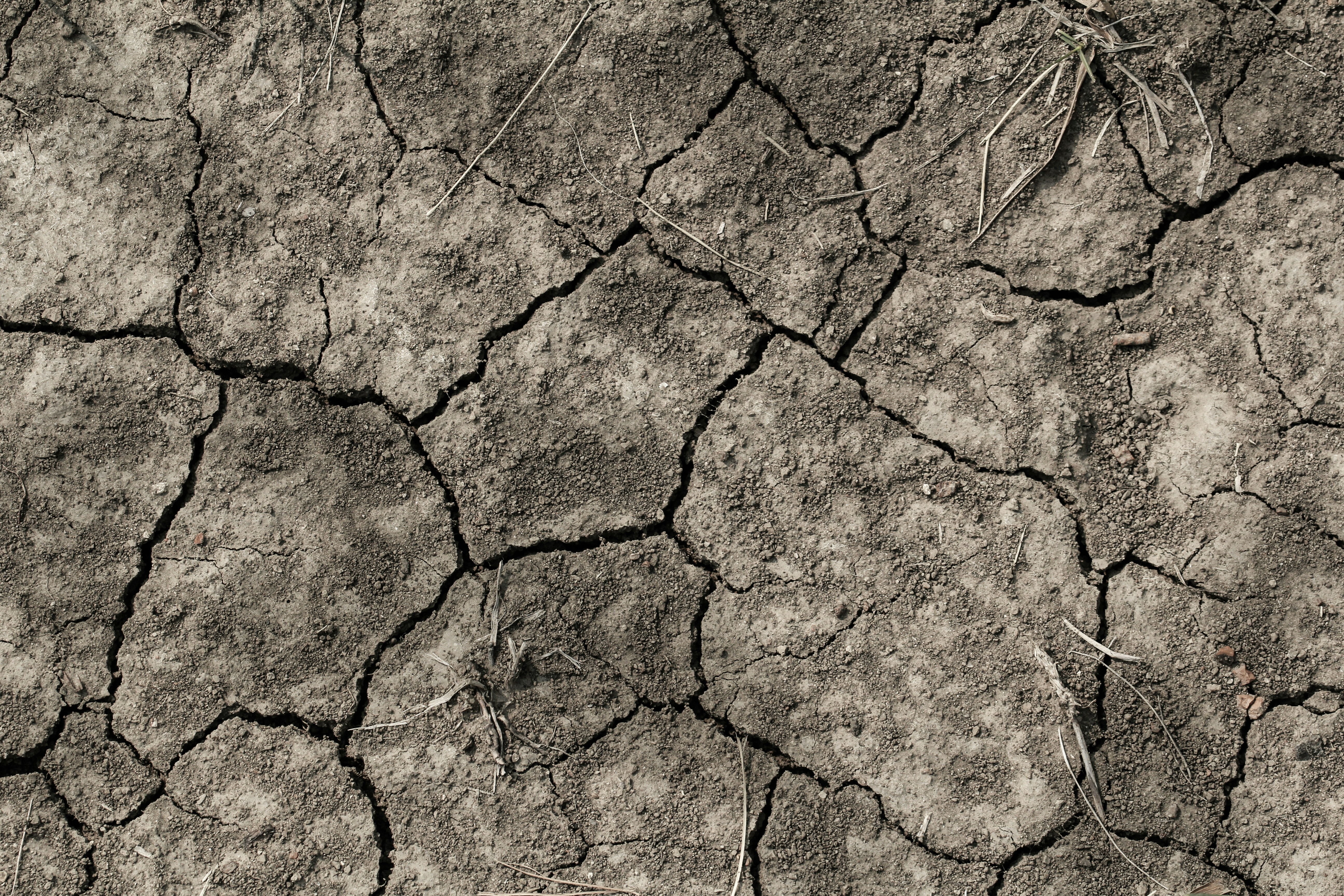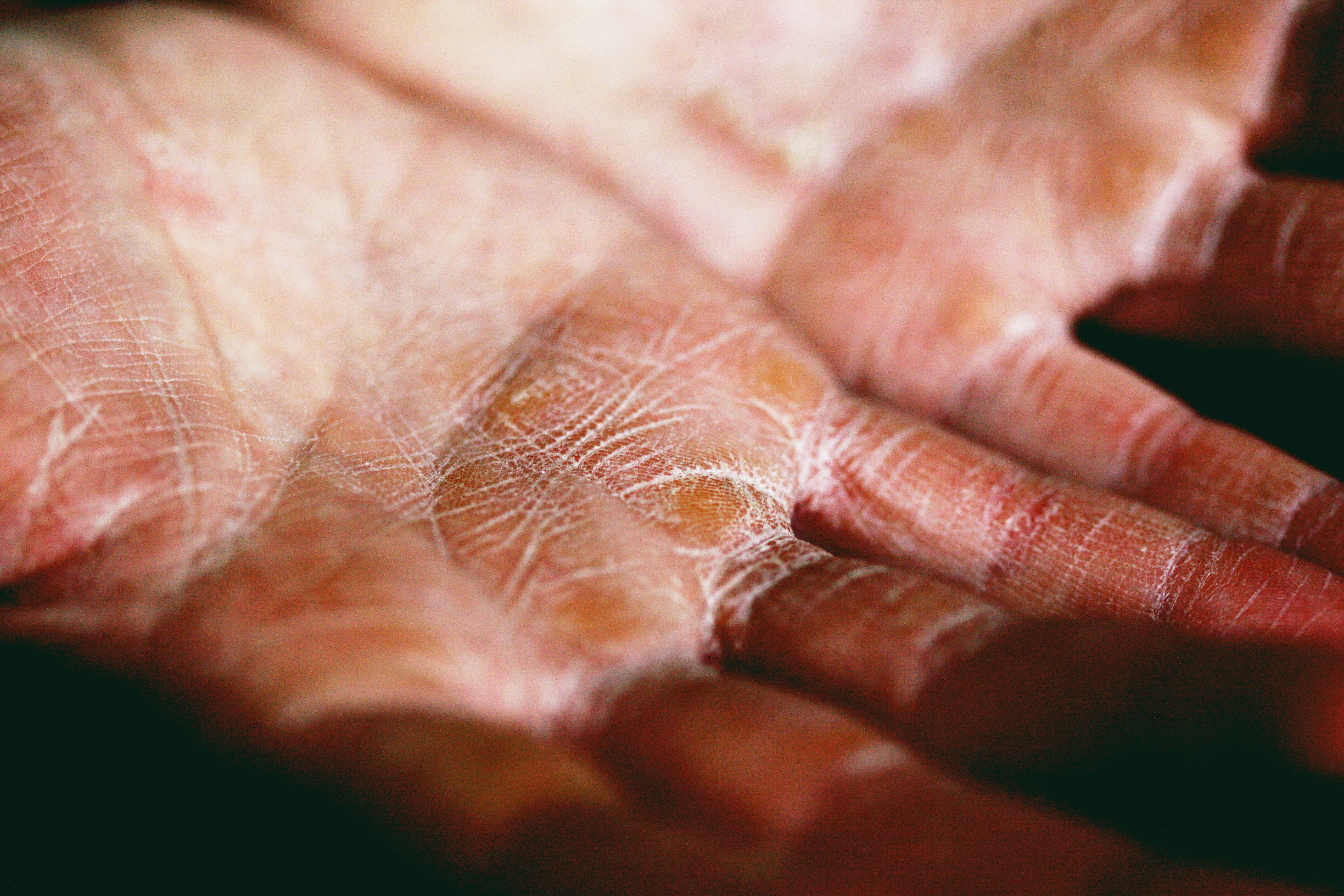Are you aware of the connection between the odor of your urine and your hydration levels? It makes you wonder, doesn’t it? Well, fret not, because we’re here to shed some light on this intriguing subject. In this article, we will explore whether smelly urine can serve as a telltale sign of dehydration. So, stay tuned and prepare to quench your thirst for knowledge!
Understanding Urine
Overview of Urinalysis
Urinalysis is a medical test that analyzes the components of urine to assess a person’s health and diagnose certain conditions. It involves examining the physical, chemical, and microscopic properties of urine. Through urinalysis, healthcare professionals can gain valuable insights into a patient’s hydration status, kidney function, and potential presence of infections or other underlying health issues.
The Role of Urine in the Body
Urine plays a crucial role in maintaining the body’s overall health and functioning. It serves as a medium through which waste products, toxins, and excess fluids are eliminated from the body. Additionally, urine helps to regulate the body’s water and electrolyte balance. By removing surplus water and dissolved substances, urine ensures that the body maintains optimal hydration levels and prevents the accumulation of harmful substances.
Normal urine and its characteristics
Normal urine should typically have a clear, pale yellow color. The color is primarily due to the presence of urochrome, a pigment produced by the breakdown of hemoglobin. The clarity of urine may vary slightly depending on various factors, such as hydration levels or the presence of certain substances. Additionally, normal urine does not have a strong or offensive odor. However, it is essential to note that the normal characteristics of urine can vary among individuals and may be influenced by various factors.
What Causes Smelly Urine?
Common Causes of Smelly Urine
Smelly urine can be caused by several factors, including diet, medications, infections, and medical conditions. Some common causes of smelly urine include urinary tract infections (UTIs), dehydration, certain food items, such as asparagus or garlic, and certain medications, such as antibiotics or supplements.
Food Items That Can Change Urine Odor
Certain food items can cause changes in urine odor. For example, consuming asparagus can result in a distinctive odor in urine due to the presence of sulfur compounds. Similarly, the consumption of garlic, onions, or spices like curry can also lead to temporary changes in the smell of urine.
Infections That Can Cause Urine to Smell
Infections in the urinary tract can often cause changes in the smell of urine. UTIs, caused by bacteria entering the urinary tract, are a common example. These infections can result in a strong, unpleasant odor in urine.
Understanding Dehydration
Defining Dehydration
Dehydration occurs when the body loses more fluids than it takes in, leading to an inadequate amount of water to support normal bodily functions. It can result from various causes, such as excessive sweating, diarrhea, vomiting, or insufficient fluid intake. Dehydration can range from mild to severe and can have significant consequences for overall health and well-being.
Causes of Dehydration
Dehydration can occur due to various reasons. Inadequate fluid intake, particularly during times of increased water loss such as hot weather or intense physical activity, can lead to dehydration. Other causes include illnesses that cause excessive fluid loss, such as gastrointestinal infections, or conditions that impair the body’s ability to retain fluids, such as diabetes or kidney disease.
Symptoms of Dehydration
Recognizing the symptoms of dehydration is essential as early intervention can help prevent the condition from worsening. Common symptoms of dehydration include increased thirst, dry mouth, dark-colored urine, fatigue, dizziness, lightheadedness, dry skin, and decreased urine output. In severe cases, dehydration can lead to confusion, rapid heartbeat, and even loss of consciousness.
The Link Between Dehydration and Urine Odor
The Effect of Dehydration on Urine
Dehydration can have a significant impact on urine characteristics and odor. When the body is dehydrated, it conserves water by reducing urine production. As a result, urine becomes more concentrated, leading to a darker color and a stronger, more offensive odor than in adequately hydrated individuals.
Why Dehydration Might Cause Smelly Urine
Dehydration can cause smelly urine due to the concentration of waste products in the urine. As urine becomes concentrated, the waste products, such as urea, become more concentrated as well. This increased concentration can result in a stronger and more unpleasant odor.
Key Studies Linking Dehydration to Changes in Urine Odor
Several studies have investigated the relationship between dehydration and changes in urine odor. One study published in the Journal of Clinical Pathology found that dehydration resulted in a significant change in the odor of urine samples, with dehydrated individuals exhibiting a stronger and more pungent smell compared to adequately hydrated subjects. These findings support the connection between dehydration and changes in urine odor.
Other Signs of Dehydration
Dry Mouth and Thirst
Dry mouth and increased thirst are commonly experienced symptoms of dehydration. When the body lacks proper hydration, it responds by inducing feelings of thirst to encourage fluid intake. Additionally, dehydration can result in a dry mouth, as the body reduces saliva production to conserve fluids.
Fatigue and Weakness
Dehydration can lead to fatigue and weakness due to the body’s impaired ability to deliver essential nutrients and oxygen to the muscles and organs. Without proper hydration, the body’s energy levels can significantly decrease, resulting in feelings of tiredness and weakness.
Dizziness and Confusion
Severe dehydration can cause dizziness and confusion. Inadequate fluid intake affects blood flow and can lead to a drop in blood pressure, resulting in feelings of lightheadedness and dizziness. Moreover, dehydration can interfere with the brain’s function, leading to confusion and difficulty concentrating.
Identifying Dehydration Through Urine
Urine Color and Dehydration
Urine color is an essential indicator of hydration status. In adequately hydrated individuals, urine is typically pale yellow. However, when the body is dehydrated, urine becomes more concentrated, resulting in a darker or amber color. Monitoring urine color can provide valuable insights into a person’s hydration levels and prompt action if dehydration is suspected.
Frequency of Urination When Dehydrated
Dehydration can lead to a decrease in urine output. The body, when faced with dehydration, tries to conserve water, leading to a reduced need to urinate. Monitoring the frequency of urination can help determine if dehydration may be a contributing factor to any symptoms or concerns.
The Role of Urine Concentration in Diagnosis
Urine concentration, measured by specific gravity, is another factor that healthcare professionals consider when diagnosing dehydration. Specific gravity refers to the concentration of particles in urine and is often assessed as part of a urinalysis. Higher specific gravity values indicate a more concentrated urine, which can suggest dehydration.
Preventing Dehydration
Maintaining Proper Hydration Levels
Preventing dehydration is crucial for maintaining overall health and well-being. It is recommended to drink an adequate amount of fluids throughout the day, especially during periods of increased water loss, such as hot weather or physical activity. The general guideline is to consume at least eight 8-ounce glasses of water per day, but individual hydration needs may vary.
Role of Diet in Hydration
Diet plays a significant role in hydration. Consuming hydrating foods, such as fruits and vegetables with high water content, can contribute to overall hydration levels. Additionally, limiting the intake of diuretic substances, such as caffeine and alcohol, can help prevent excessive fluid loss.
Importance of Monitoring Urine to Prevent Dehydration
Monitoring urine characteristics, such as color and frequency, is an effective way to prevent dehydration. By paying attention to urine color and ensuring it remains within the normal range, individuals can identify potential signs of dehydration and take appropriate actions, such as increasing fluid intake.
Treatment Options for Dehydration
Rehydration Solutions and Techniques
Mild to moderate dehydration can often be treated by consuming oral rehydration solutions. These solutions contain a balanced mixture of water, electrolytes, and glucose to help restore proper hydration levels. In more severe cases, intravenous (IV) fluids may be required to rapidly replenish fluids and electrolytes.
Medical Interventions for Severe Dehydration
In situations where dehydration has become severe and potentially life-threatening, immediate medical intervention is necessary. Hospitalization may be required to provide intensive care, administer IV fluids, and closely monitor organ function until hydration levels are stabilized.
Understanding the Importance of Treating Dehydration Promptly
Prompt treatment of dehydration is vital to prevent complications and restore the body’s optimal functioning. If left untreated, dehydration can lead to severe electrolyte imbalances, impaired kidney function, heat-related illnesses, and in severe cases, even organ failure. Seeking medical attention when dehydration is suspected is crucial for timely intervention.
Smelly Urine: When to See a Doctor
Persistent Smelly Urine: When to Be Concerned
While occasional changes in urine smell are typically harmless, persistent or strong-smelling urine may indicate an underlying health issue that requires medical attention. If the smell of your urine persists or is accompanied by other concerning symptoms, such as pain or blood in the urine, it is advisable to consult a healthcare professional for further evaluation.
Diagnostic Tests for Urine Odor
To determine the cause of persistent smelly urine, healthcare professionals may conduct diagnostic tests. These can include urinalysis, urine culture to check for infections, blood tests to assess kidney function, and potentially imaging tests to evaluate the urinary tract.
Treatment Options for Persistent Smelly Urine
The treatment for persistent smelly urine will depend on the underlying cause. If an infection is discovered, antibiotics may be prescribed. In other cases, lifestyle changes, such as dietary modifications or increased fluid intake, may be recommended. It is essential to follow the guidance of a healthcare professional to determine the appropriate treatment plan.
Conclusion: Is Smelly Urine A Sign Of Dehydration?
Evaluating Dehydration as a Potential Cause for Smelly Urine
While smelly urine can sometimes be associated with dehydration, it is important to consider other factors as well. Dehydration can lead to changes in urine characteristics, such as color and concentration, which may cause an odor. However, other factors, including certain foods, medications, or underlying health conditions, can also contribute to changes in urine smell.
Other Factors to Consider
If you notice a persistent change in urine odor or have concerns about your hydration status, it is essential to consult a healthcare professional. They can conduct the necessary tests to determine the root cause and provide appropriate guidance.
Final Thoughts
Understanding the relationship between dehydration and changes in urine odor can be helpful in maintaining optimal hydration levels and overall health. However, it is crucial to remember that urine odor alone may not solely indicate dehydration. Paying attention to urine color, frequency of urination, and other symptoms can provide a more comprehensive understanding of your hydration status and overall well-being. Remember to stay properly hydrated and seek medical advice when necessary to maintain a healthy urinary system and overall wellness.



